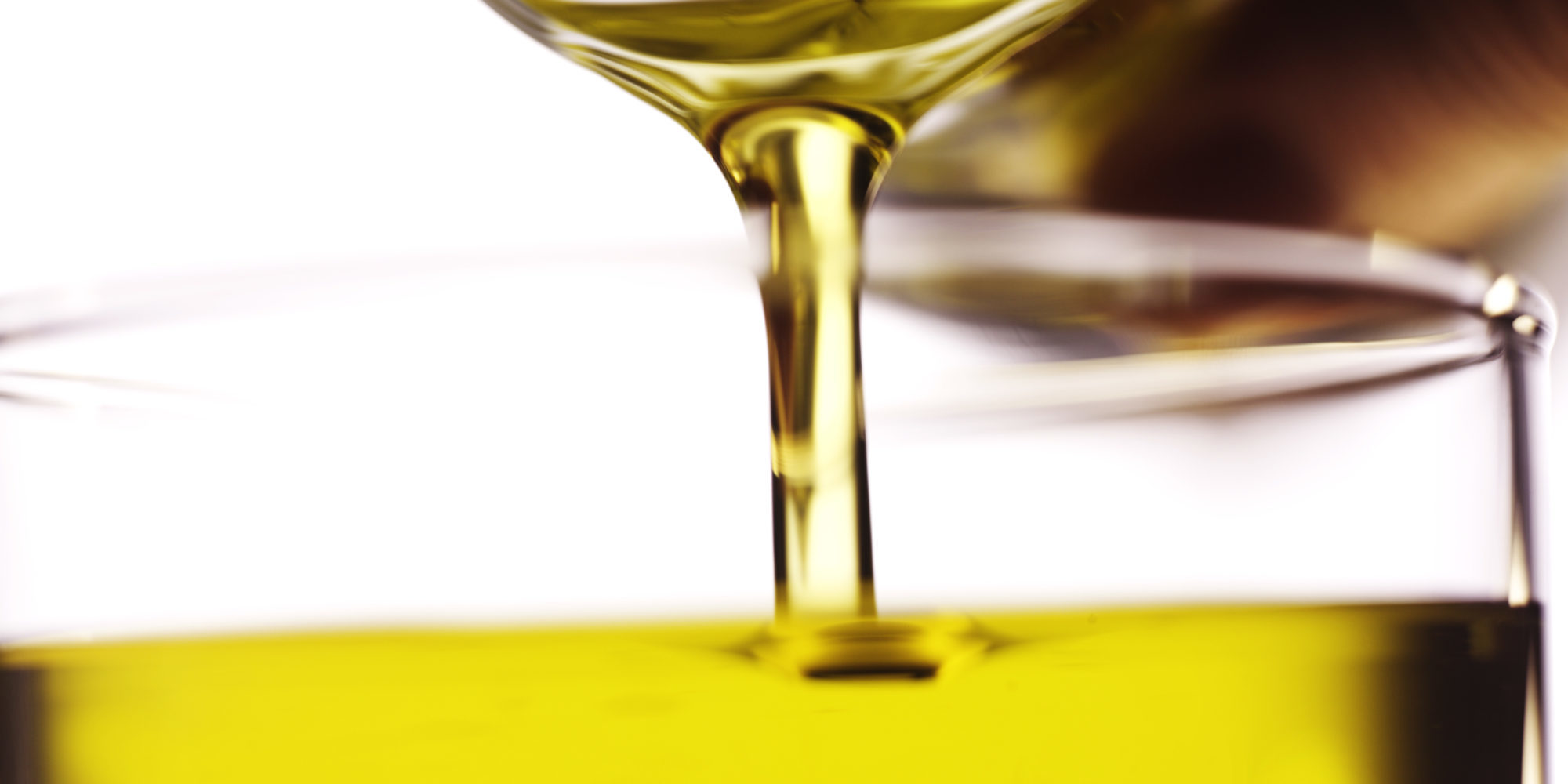11.21.2025
Sausage casings bulletin, November 21, 2025

...

Rising COVID Infections Trigger Vegetable Oil Market Selling
World vegetable oil prices were sharply lower on Wednesday as accelerating coronavirus infections triggered a sharp decline in crude oil futures and broad selling in the equity markets. The increasing number of infections has traders concerned that governments will need to reinstate some of the measures to control the spread of the virus, which will slow economic activity. While anecdotal evidence suggests people are unwilling to readopt the steps taken this spring to slow the virus, the traders’ seem to want to sell ahead of any announcements of a resumption of shutdowns. The Jacobsen believes the rising numbers will weigh on vegetable oil prices in the short term, even if there is ultimately only a minimal impact on economic activity.
Soybean oil futures declined more than 1 3/4 percent (July contract -52 basis points per pound) in the most significant daily decline since April 24. In addition to the weakness in crude prices, the liquidation of long oil share positions also contributed to the selling. The drop left the most actively traded July contract back below the psychologically important 28-cent level. The July contract fell through the 5-day exponential, 10-day, and 20-day moving averages to settle at the lowest level since June 12.
Palm oil futures fell less than 1 1/2 percent, as overnight selling in crude oil was not as intense as it was during U.S. trading hours. Also, the surge in export demand during June helped mute the decline. Buying at the five-day exponential moving average provided some support. However, the sharp drop in crude oil prices following the close will likely take the most actively traded September contract down to test the 200-day moving average at the 2,412-ringgit level on Thursday. Beyond the 200-day moving average palm oil prices may also find support near the 10-day moving average, which sits at the 2,388-ringgit level.